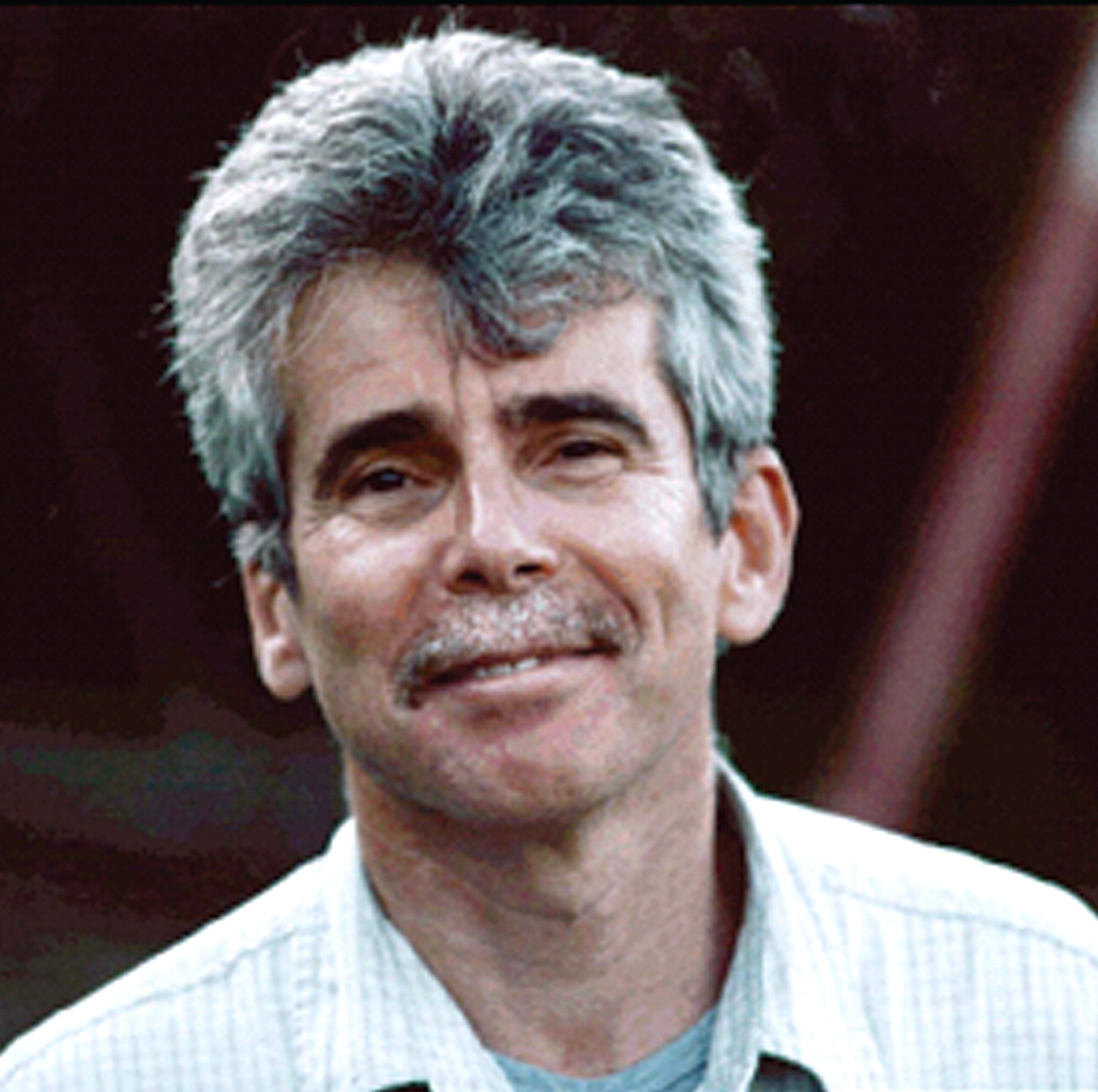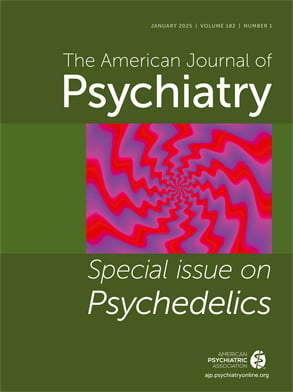When Oscar Wilde noted that “anybody can make history; only a great man can write it,” he was not thinking about cognition and schizophrenia
(1) . Nevertheless, this quote comes to mind while reading the three new reports from the Measurement and Treatment Research to Improve Cognition in Schizophrenia (MATRICS) initiative in this issue of the
Journal . MATRICS has unquestionably increased interest in the cognitive deficits of schizophrenia, an area that had previously been largely underrecognized. Although most researchers and clinicians now recognize the critical role of cognition in the disability of schizophrenia, few may appreciate that this transformation in our focus on schizophrenia was largely due to the dedication of one man,
Dr. Wayne Fenton . As a clinician and a division director of the National Institute of Mental Health (NIMH), Fenton was passionate about helping people with schizophrenia. Widely regarded as a last resort for help with colleagues’ most difficult patients, he was both a gifted clinician and a tireless advocate. This makes it all the more tragic that he was found dead in his office over the 2006 Labor Day weekend after having met with a young man with untreated schizophrenia.
Trained at Yale in the early 1980s, Wayne Fenton returned to his home in Maryland to work at Chestnut Lodge, a private psychiatric residential treatment facility. There, with Tom McGlashan, he wrote a set of classic articles on the long-term outcome of schizophrenia
(2 –
5) . In 1999, he moved to NIMH, where he shifted his focus to stimulating research that could improve outcomes for people with schizophrenia. At NIMH, he consistently challenged the field to raise its sights above the incremental toward treatments for the most disabling aspects of the illness that would provide significant improvements in patients’ quality of life. Recognizing that drugs for schizophrenia had addressed only psychotic symptoms and not enabled patients to function well in their communities, he called for a new approach to the cognitive deficits in this disorder
(6) .
His leadership led to the MATRICS program and the Treatment Units for Research on Neurocognition and Schizophrenia (TURNS) network. MATRICS, with the crucial cooperation of the Food and Drug Administration (FDA), charted the course for regulatory review and approval of treatments for cognition and led to the start of industry cognitive impairment in schizophrenia drug discovery and development programs. It has also produced the MATRICS Consensus Cognitive Battery, a series of tests approved by the FDA to study candidate cognition-enhancing drugs, and spawned the Cognitive Neuroscience-Based Approaches to Measuring and Improving Treatment Effects on Cognition in Schizophrenia (CNTRICS), a program to aid translation of cognitive neuroscience measures and methods into the cognitive drug discovery and development process. TURNS provides infrastructure for clinical trials of pharmacologic agents that have potential as therapeutics for cognitive deficits and facilitates the industry’s consideration of novel therapeutics. Dr. Fenton sponsored a similarly collaborative effort to develop an improved negative symptom assessment scale.
Dr. Fenton served as the first director of the NIMH Division of Adult Translational Research and used this role to further multisector cooperation. He created the national Collaborative Drug Development Groups, which encourages high-risk, early clinical studies of novel therapeutics. He also created NIMH Centers for Intervention Development and Applied Research, which provided a mechanism and framework for multidisciplinary teams to discover and validate biomarkers and predictors of differential treatment response to psychiatric therapeutics. Dr. Fenton will also be remembered for his work with the Justice Department to assess the adequacy of mental hospitals and for his heroic volunteer service to Hurricane Katrina survivors in Louisiana. In June 2007, Shepherd Pratt Hospital dedicated a 14-bed adult inpatient psychiatric unit in Dr. Fenton’s memory.
Bridging the divide between government, academia, and industry, programs Dr. Fenton initiated have already begun to transform clinical research, removing obstacles and fueling efforts to develop consensus on measurement targets and instruments and to develop innovative treatments. They have created a blueprint for addressing future medical needs as they are identified and provide a living legacy to Dr. Fenton’s extraordinary determination, imagination, and skill as a researcher, a clinician, and a facilitator of change. Although the readers of this Journal may recognize the scientists who publish and promote research findings, readers may not realize the extraordinary skill and dedication of those who have worked at the National Institutes of Health to support outstanding science. Dr. Fenton, who died in the line of duty, was quietly working to change the history of schizophrenia. To the extent that MATRICS succeeds as a new chapter for people with schizophrenia, we hope that history remembers Wayne Fenton as the “great man” who wrote it.


